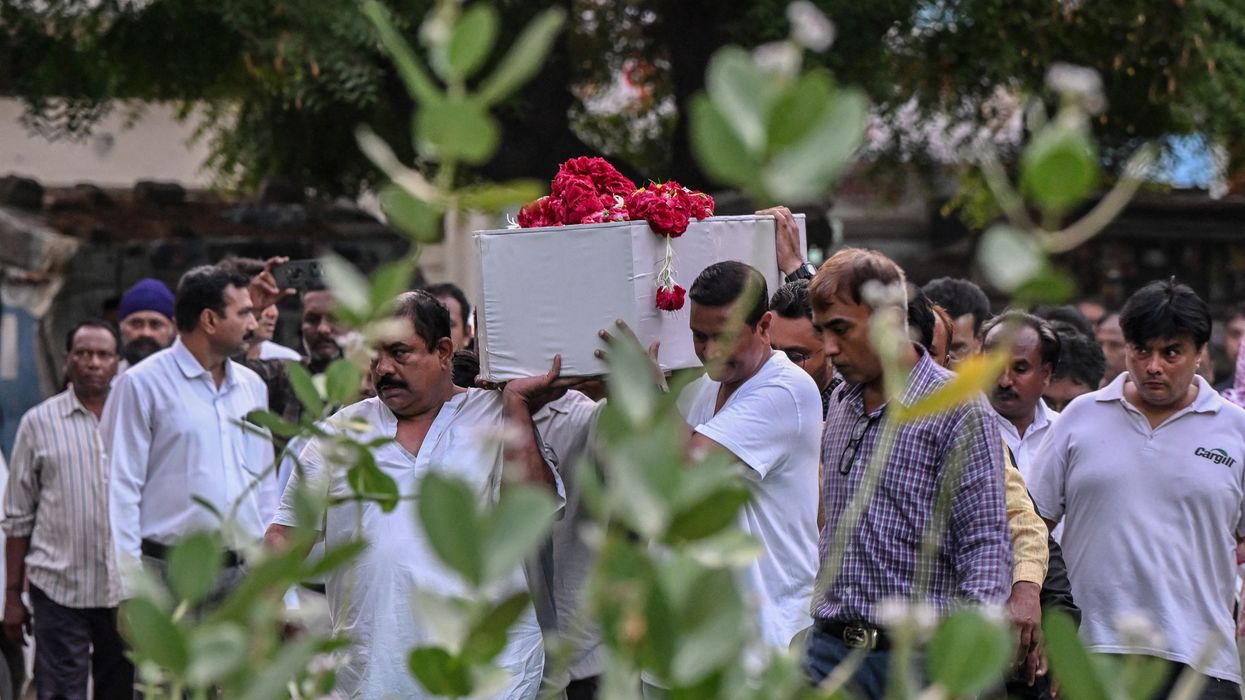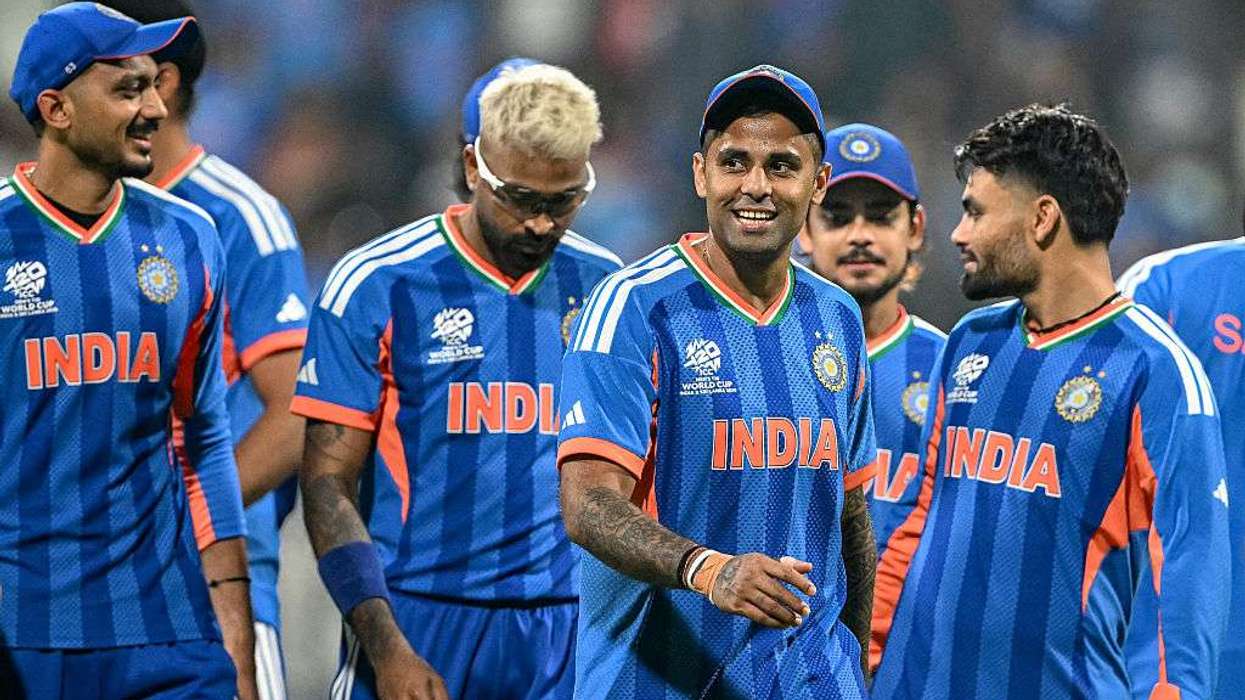TWO weeks after the crash of Air India flight AI-171 in Ahmedabad, families of victims are grappling with grief and trauma. Psychiatrists are now working closely with many who continue to oscillate between denial and despair.
The crash occurred on June 12, when the London-bound flight hit the BJ Medical College complex shortly after takeoff, killing 241 people on board and 29 on the ground. Only one passenger survived.
The emotional impact of the incident continues to affect survivors and relatives of those who died.
Counselling support on the ground
In the immediate aftermath, the Department of Psychiatry at B J Medical College deployed a team of psychiatrists—five senior residents and five consultants—across locations including Kasauti Bhavan, the postmortem building, and the civil superintendent's office to support families.
India declines UN investigator’s participation in Air India crash probe: Report
"The accident was unimaginable. Even bystanders were disturbed. Then what must be the condition of someone who lost their loved one?" said Dr Minakshi Parikh, Dean and Head of Psychiatry at BJMC.
"If the people who heard the news were so disturbed, then it is not even within our scope to imagine the state of mind of the family members of people who lost their lives," she told PTI.
Processing grief in stages
As visuals of the crash began to circulate, families arrived in large numbers—many still hoping their relatives had survived. The existence of a lone survivor gave rise to hopes that it might be their loved one.
"There was an uncertainty whether one would be able to identify the loved ones they have lost and wait for matching of the DNA samples for three days. In some cases, samples of another relative of the kin had to be taken. The shock would have logically led to acute stress reactions and post-traumatic stress disorder," said Dr Parikh.
Flying fear therapy bookings soar after Air India crash
Dr Urvika Parekh, assistant professor and a member of the crisis response team, said denial was the immediate response among many families.
Facing denial and despair
"They kept asking for updates, insisting their family member had survived. Breaking the news gently, while having no confirmation ourselves, was incredibly difficult. We had to provide psychological first aid before anything else," she said.
Parekh said the hope placed on the lone survivor became a coping mechanism. "We had to deal with the denial and explain that nobody could have survived the horrific crash (except one who was not their relative)," she added.
Families were initially reluctant to accept counselling. "It was also difficult to accept the truth without seeing the bodies of their loved ones. Counselling aided them at this critical juncture," Parekh said.
She shared the case of a man who remained silent after losing his wife in the crash. "There was immense guilt—survivor guilt (that he is alive and his wife died). We gave him anti-anxiety medication to help ease the immediate stress. Eventually, he began to speak. He talked about their plans, their memories. It was catharsis. We didn't interrupt—we just let him speak and communicated through silence and empathy,” she said.
Air India crash: Black box data being analysed to reconstruct events
Unanswered questions and slow acceptance
Parekh said that listening empathetically was a major part of the process. "We were managing their anger, outburst, and their questions like 'why us' (why did it have to happen to us)," she said.
The wait for DNA results was another major source of distress. With confirmation taking up to 72 hours or more, some families insisted they could identify their loved ones without DNA.
"There was one father who kept saying he didn't need DNA tests—he could identify his son by his eyes," said Parekh. "We had to gently discourage that. Seeing their loved ones in such a state could trigger PTSD and depression. We told them: it's better to remember them with a smile than with charred remains.”
Dr Parikh said the five commonly known stages of grief—denial, anger, bargaining, depression, and acceptance—were not experienced in a fixed sequence.
Lingering grief and support
"People cycle through these stages. Someone might accept the loss in the morning and fall back into denial by evening,” said Parekh. "So we mourned with them. That was part of the therapy".
Parekh stays in one of the residential buildings near the crash site. Her building was not damaged.
Some families found the waiting unbearable. One Air India crew member’s family had to wait seven days for DNA confirmation. “The exhaustion, the helplessness—it broke her mentally,” a relative said. “But the counselling helped. Those sessions were our only anchor."
"A calm voice, the right amount of information, and simply being there—these saved a lot of families from spiralling into chaos,” said Dr Parikh.
(With inputs from PTI)




